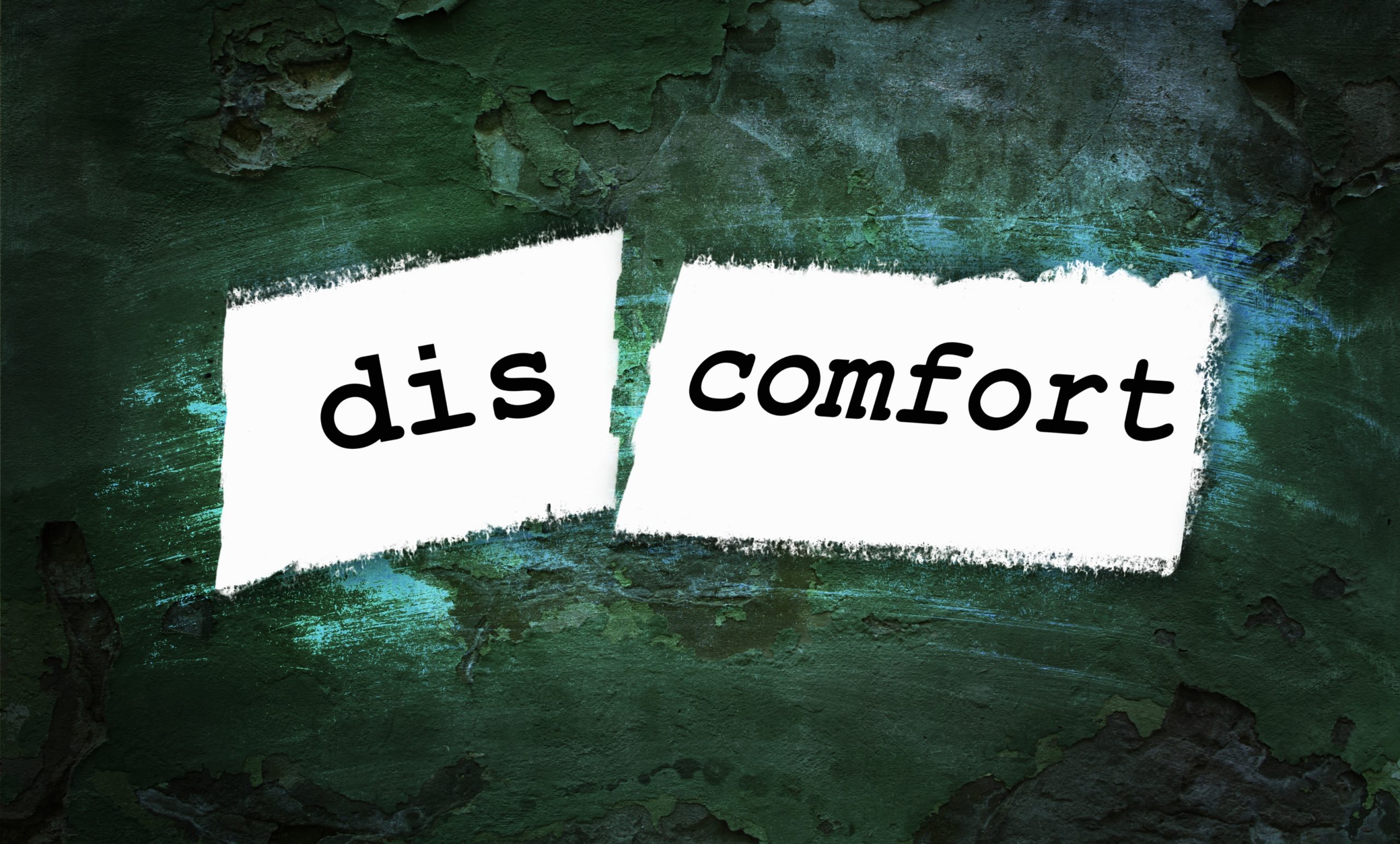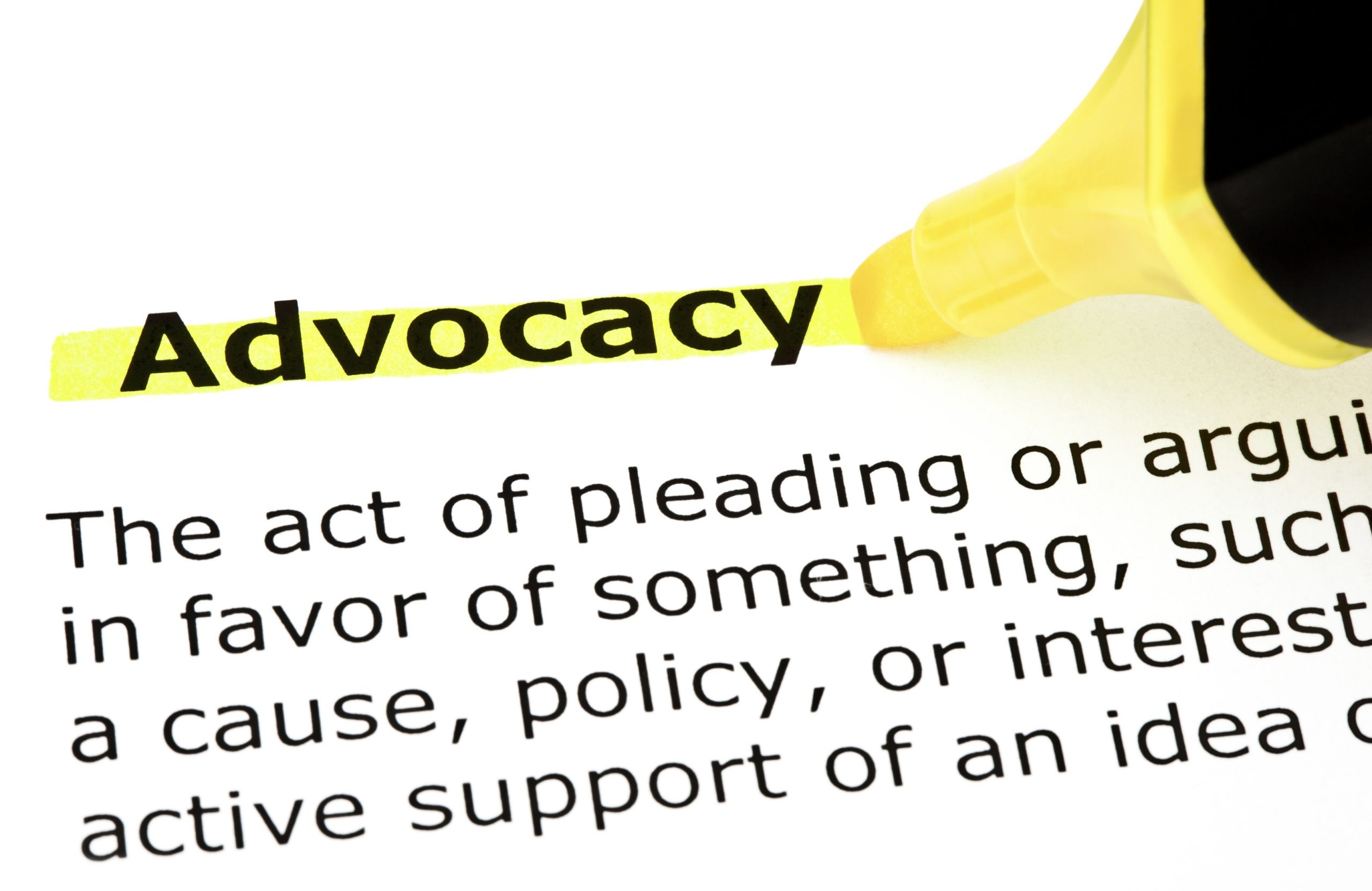
By Yamila García
The way society generally communicates doesn’t feel natural to me, so I tend to overthink and review past conversations as a way to analyze them and improve them. I even judge myself a little for not doing better. Generally, there is one issue in particular that worries me: over-explaining. I know that this happens a lot since neurodivergent people can be misunderstood or misinterpreted throughout our lives, and we try to “clarify” many times by getting even more tangled in our words. The problem, besides the fact that I don’t remember a time that over-explaining ever helped me be understood, is that every time I do it, I feel like I’m failing myself.
From what I’ve observed, other people don’t seem to feel the need to over-explain and justify what they do or say. So why should I? Yes, as I said before, for as long as I can remember, people don’t exactly get what I want to convey. However, I’m not the only one in those conversations, and assuming that I’m the problem may be too harsh on me. Why should I justify or explain so much? It almost feels like justifying my existence. And while I want to be understood, over-explaining feels like begging for something that should come from openness and empathy, rather than needing explanations.
I’ve talked to many people who, when they didn’t understand what I was saying or felt that maybe they weren’t getting the right idea of what I was trying to communicate, simply asked me questions to clarify and understand me better. The willingness and interest in clear and genuine communication is not solely the responsibility of those who over-explain; it involves both parties actively trying to understand and be understood. Understanding this may be the way to stop over-explaining and accept that communication is not only up to me.



